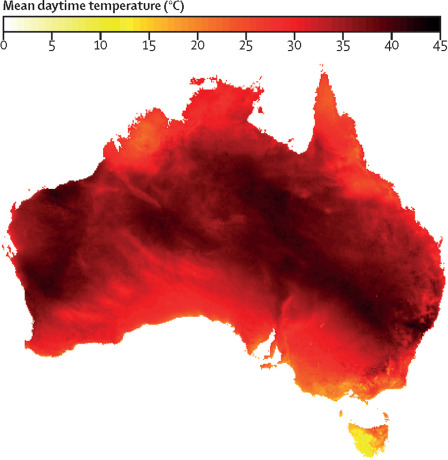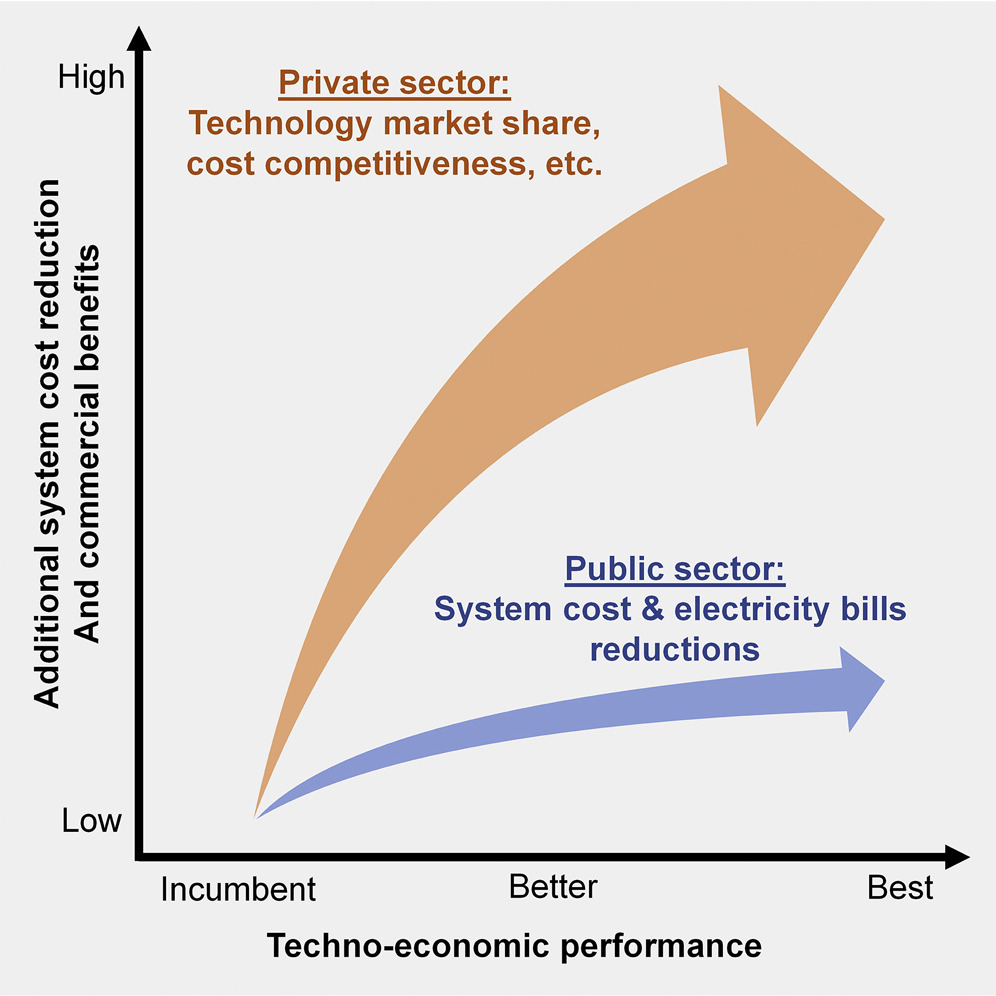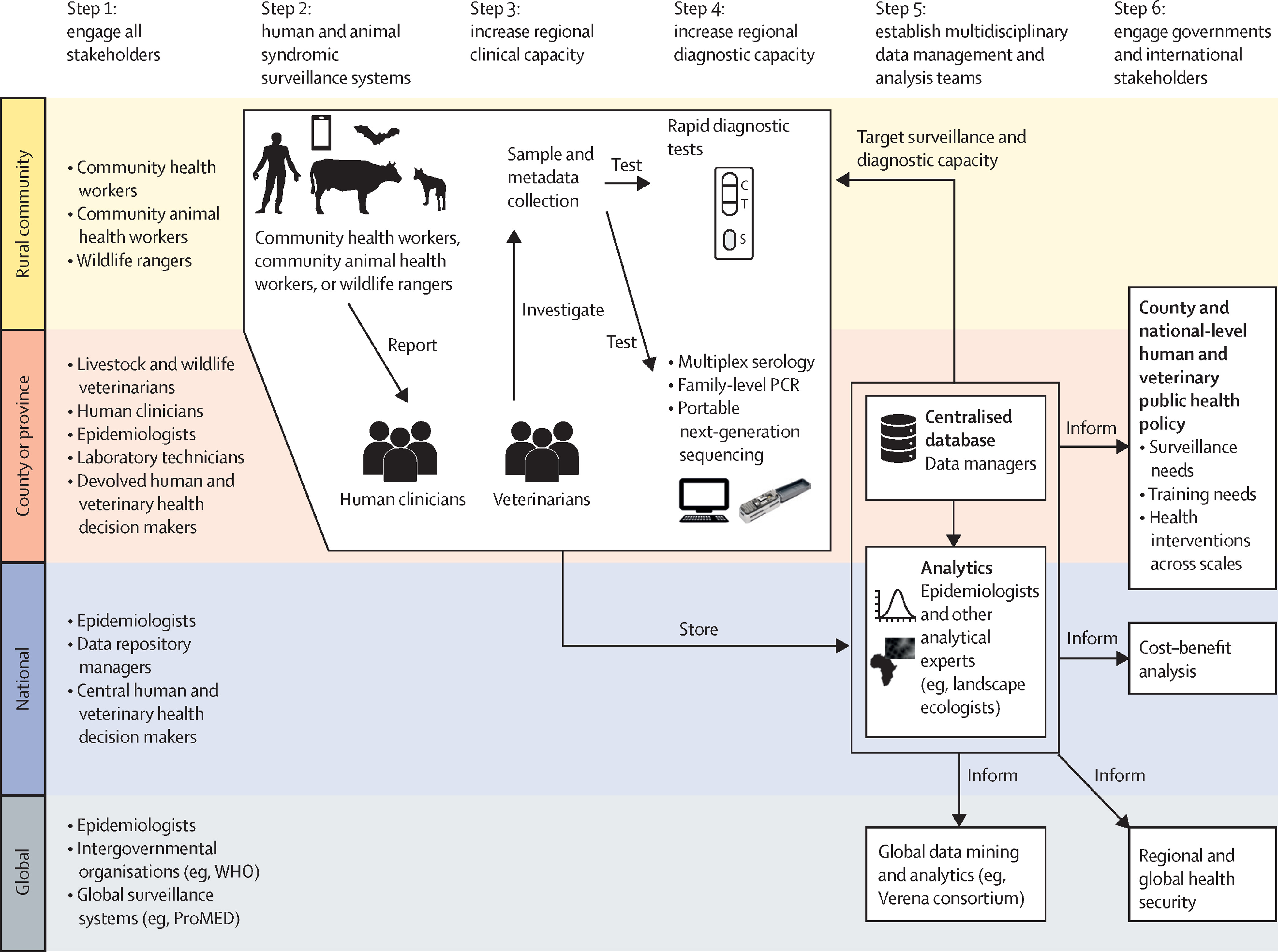The Lancet Planetary Health, Volume 6, April 2022
Background: Increasing air conditioner use for cooling indoor spaces has the potential to be a primary driver of global greenhouse gas emissions. Moving indoor air with residential fans can raise the temperature threshold at which air conditioning needs to be turned on to maintain the thermal comfort of building occupants. We investigate whether fans can be used to reduce air conditioner use and associated greenhouse gas emissions.
The Lancet Global Health, Volume 10, April 2022
The Lancet Global Health, Volume 10, April 2022
Water Resources and Economics, Volume 38, April 2022
One Earth, Volume 5, 15 April 2022




